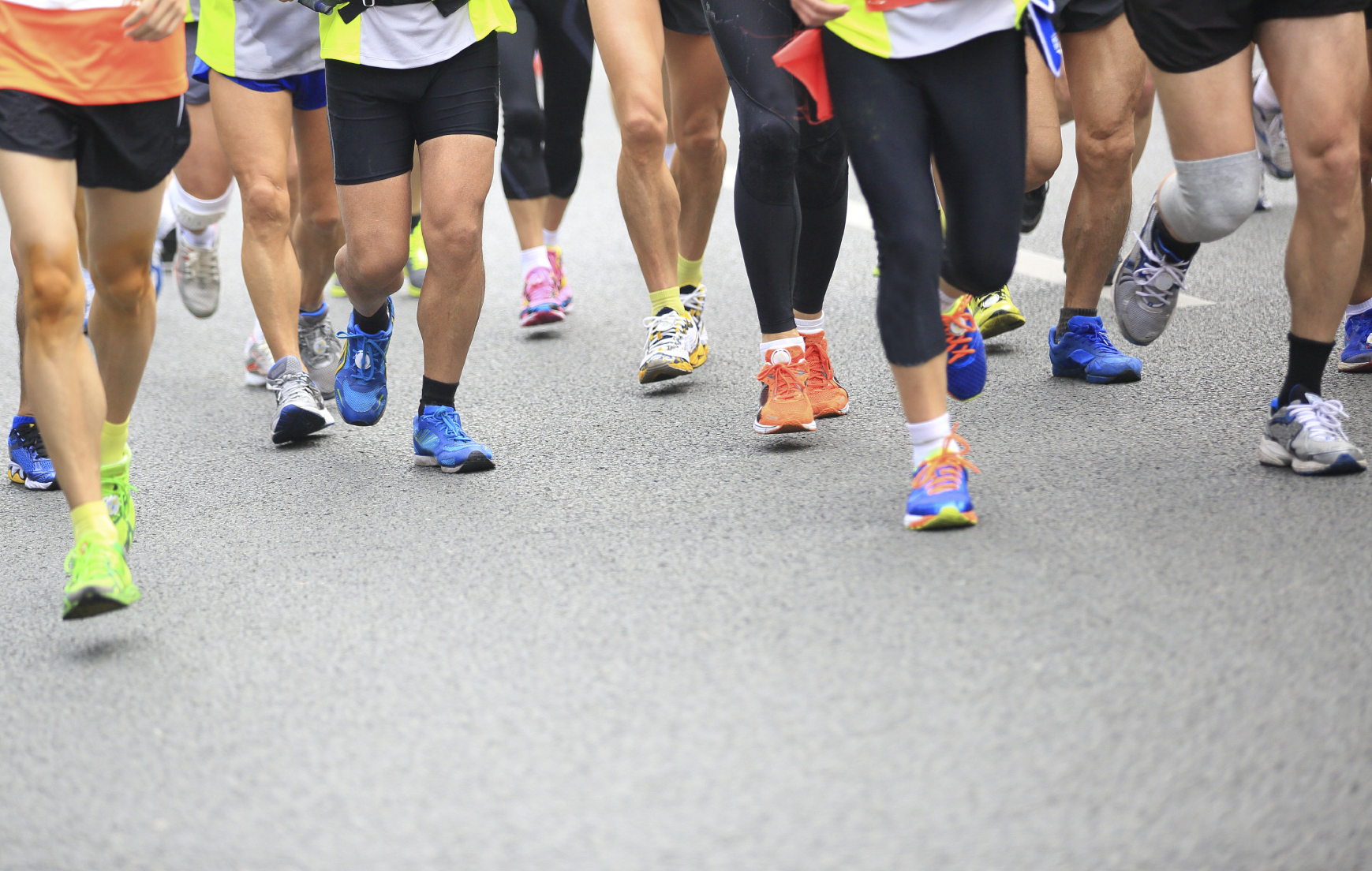
- Sports Drink
Traditional sports drinks are made up in a 6-8% concentration of carbohydrate. (60-80gms of carb per litre) , So 500mls will provide about 30-40gms of carbohydrate. Some sports drinks also contain electrolytes/sodium which is beneficial for the athlete as it helps improve the absorption of fluid.
Sports drink are often provided on course during races and can be a very important part of a race day fuelling plan. It is a good idea to investigate which sports drinks will be offered during your race so that you can try them during your training.
- High carb drinks
There are several new sports drinks that have appeared in recent years that provide a higher concentration of carbohydrate. Some are 90gm carb per 500mls.
This is great way to carry more fuel in less volume, however you still need to ensure you have a hydration plan. In a way, they are almost like carry a bottle of diluted gel !
- Gels
Most gels provide 20-25gms carb per serve. There are a few gels on the market that provide closer to 30gms, and even up to 45gms of carb so it is important that you read the label.
The consistency between gels varies greatly – some are super thick and sticky – less risk of spillage, but harder to swallow – others are more liquid – slightly easier to ingest, but also easier to spill and get all over your hands, and take up more space to carry – trial and error is the best way to determine which suits you best.
It is important to “wash down” the gels with water, to ensure they are in the correct concentration in the gut to absorb effectively. Many people find that gels make them feel sick, but often it is because they haven’t been diluted enough to absorb, and hence sit in the gut causing gastric upset.
- Chews/Blocks
These are quickly becoming a popular source of fuel for runners due to their convenience. Most brands come in a packet of 6 bite size pieces, with 3 pieces containing around 25gms carb (equivalent to most gels). They come in a variety of flavours, are easy to carry and consume, and avoid the sticky mess that sometimes comes with gels. As with gels, you need to consume water with chews to ensure they are able to digest effectively.
- Solid foods
Solid foods are great in longer races to avoid the empty tummy feeling that many runners feel. Solids generally provide more carbohydrates by weight than the above sports products which is a benefit, however a downside is they can be tricky to consume as chewing and swallowing is required.
Energy bars are convenient source of solid – with most bars providing 25-50 gms carb – you need to read the labels and opt for a bar that is low in fat, fibre and protein – as these nutrients slow down digestion and may cause gastric upset. Common energy bars used are clif, maurten, winners, koda, hammer. Be careful if using brands that are designed for snacks/lunch boxes – they often contain a high amount of fibre.
Other common solid items are boiled potato, white bread sandwiches, ripe banana, medjool dates, piklets, rice cakes with jam, pretzels, hot cross buns etc.
A word on Caffeine
Of the fuel sources listed – many have the option to include caffeine. As a general rule, the amount of caffeine per serve will be around 50mg – always read the label.
There is no definitive research on the best way to use caffeine to aid performance – it is highly individual, and best determined by trial and error.
Maximum amounts of caffeine for races have varied considerably in studies. A general recommendation is not to exceed a daily intake of 400mg, or 5-6 times body weight.
So what fuel should you use ?
You need to consider how much fuel per hour you will need, and determine which sources you are going to use. For longer races a combination of sources is often used, in shorter races such as a road marathon a single fuel source is common.
Some things to consider:
Do you need to carry everything yourself ? Do you have drop bags ?
How frequently are aid stations and water provided ?
Use your training sessions to try new fuels, work out combinations and the logistics for your race.
Need more help ?
If you need personailsed help, I offer online appointments, a booking can be made online via my website www.madonnutrition.com.au
I am a qualified clinical nutritionist – specialising in endurance sports, and also an experienced endurance runner.

